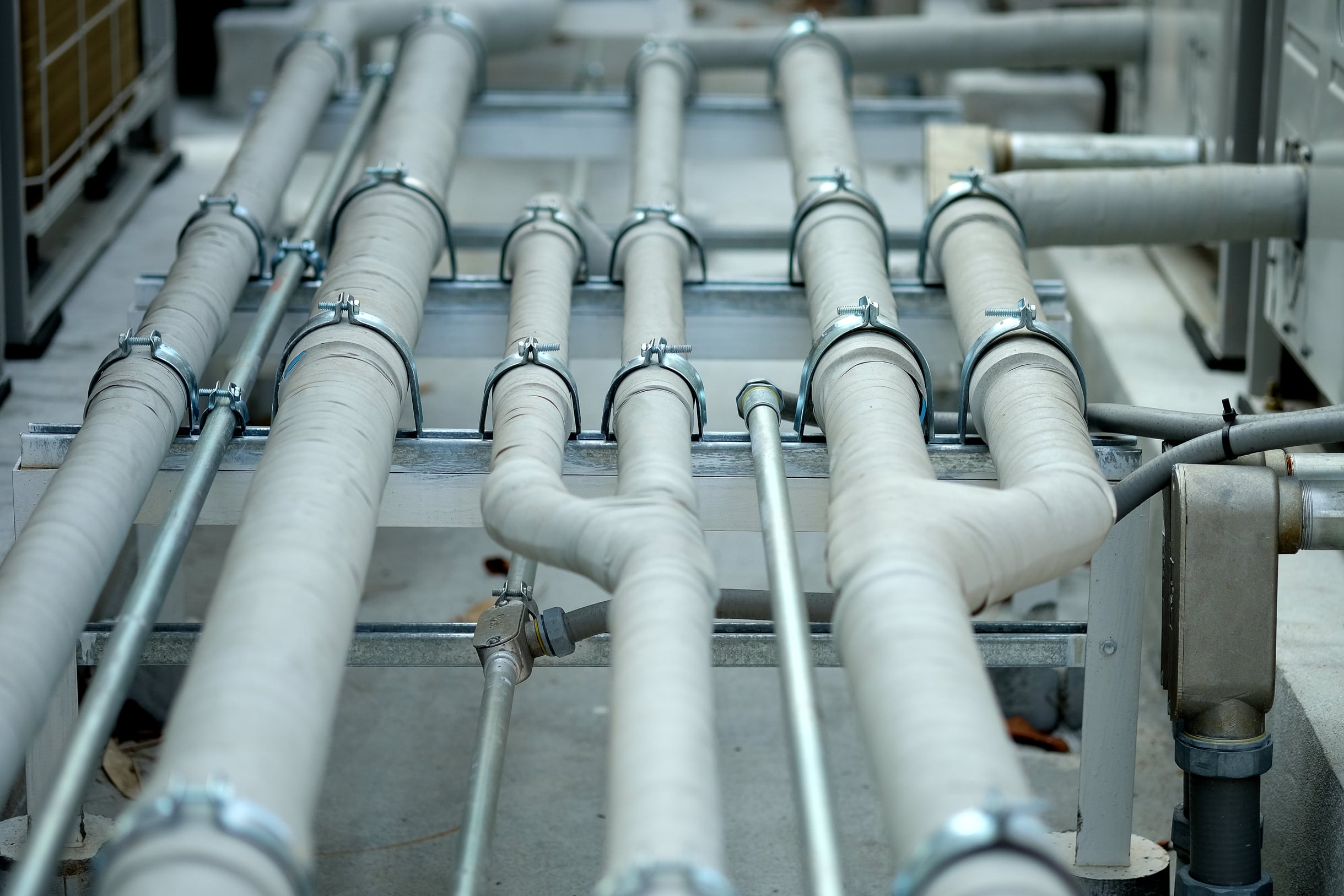Every automotive enthusiast knows the thrill of an engine’s roar. But have you ever considered the role of the exhaust system in creating that perfect sound? If you’re a Fiat 124 Spider owner looking to enhance your ride, a performance exhaust system could be just the upgrade you need. So let’s take a deep dive into the best process for installing a performance exhaust system on this classic roadster.
Understanding The Role Of An Exhaust System
Before we jump into the actual process, it’s essential to understand the role of an exhaust system in your vehicle. An exhaust system is more than just a series of tubes that expel exhaust gases; it plays a crucial role in your car’s performance, fuel efficiency, and sound.
Avez-vous vu cela : Can You Increase the Off-Road Capabilities of a Land Rover Defender with a Snorkel?
A performance exhaust system, specifically, can significantly enhance your vehicle’s horsepower and torque. It does this by allowing exhaust gases to exit the engine more efficiently, reducing backpressure and heat, and improving the engine’s overall breathing capacity. Increased engine efficiency, in turn, can lead to improved fuel economy.
Moreover, a performance exhaust system can also change the sound of your car’s engine. Depending on the design and configuration of the system, it can produce a deep growl, a high-pitched scream, or anything in between.
Cela peut vous intéresser : How to Fit Bigger Brake Calipers on a Volvo S60 R-Design for Enhanced Stopping Power?
Choosing The Right Performance Exhaust System
The first step in installing a performance exhaust system on your Fiat 124 Spider is choosing the right system. Remember, not all systems are created equal, and the best choice largely depends on your specific needs and preferences.
Performance exhaust systems come in two main types: cat-back and axle-back. A cat-back system replaces everything from the catalytic converter to the back of the car, including the muffler and tailpipe, providing substantial improvements in performance and sound.
On the other hand, an axle-back system only replaces the parts from the rear axle to the back of the car, typically the muffler and tailpipe. While it may not offer as much of a performance boost as a cat-back system, an axle-back system is usually simpler to install and can still significantly change your car’s sound.
When choosing a system, consider factors like the material it’s made of, the size and shape of the pipes, the type and number of mufflers, and the design of the exhaust tips. Each of these elements can affect the system’s performance, durability, aesthetic appeal, and sound.
Preparing For The Installation
Once you’ve chosen your performance exhaust system, you’ll need to prepare for the installation. This may require various tools, including a socket set, wrenches, pliers, a car jack, and jack stands. You’ll also need safety equipment like gloves and eye protection.
Additionally, you’ll want to prepare your workspace. This should be a flat, well-lit area with plenty of room to move around. If you’re working in a garage, make sure the area is well ventilated – exhaust gases can be harmful if inhaled in large quantities.
Before starting the installation, it’s a good idea to inspect the new system and compare it with the old one. Make sure all the necessary parts are included, and that they match up with the parts you’ll be replacing. Take the time to familiarize yourself with the installation instructions provided by the manufacturer.
Installing The Performance Exhaust System
The actual process of installing a performance exhaust system on a Fiat 124 Spider can vary depending on the specific system and the vehicle’s condition. However, the procedure typically involves removing the old system, installing the new one, and then testing the installation.
Begin by safely raising the car using a jack and securing it with jack stands. Then, start removing the old exhaust system. This usually involves disconnecting the exhaust hangers and removing the bolts and clamps that hold the system in place. Keep in mind that these components can be rusty and difficult to remove, so be patient and use penetrating oil if necessary.
Once the old system is out, you can start installing the new one. Begin from the front and work your way back. Connect the new system to the existing exhaust hangers, ensuring that all parts are aligned correctly and fit snugly together. Use the supplied clamps and bolts to secure the components in place.
With the new system installed, lower the car and start the engine. Listen for any unusual sounds, and check for any exhaust leaks. If everything sounds and looks good, take the car for a short test drive to ensure everything is functioning correctly.
Maintaining Your Performance Exhaust System
Just like any other part of your vehicle, your performance exhaust system requires regular maintenance to keep it in top shape. This includes regular inspections to check for any signs of damage, corrosion, or leaks.
Also, clean the exhaust tips regularly to maintain their aesthetic appeal. Depending on the system’s material, you might need specific cleaners or polishes.
Remember, a well-maintained performance exhaust system can go a long way in enhancing your Fiat 124 Spider’s performance and sound, giving you more thrill and enjoyment every time you hit the road. But ultimately, the success of installing a performance exhaust system lies in the careful selection of the right system, meticulous preparation, precise installation, and conscientious maintenance.
Tuning Engine and ECU for Better Performance
Equipping your Fiat 124 Spider with a performance exhaust system is only one part of the equation. The other part involves tuning your engine and the electronic control unit (ECU) to achieve maximum performance. Adjusting these parameters can make your vehicle more responsive and allow it to better utilize the benefits of the new exhaust system.
The engine tuning process involves adjusting the fuel-air mix ratio, ignition timing, and several other parameters. Depending on your vehicle’s condition and the specific tweaks made, engine tuning can increase horsepower, torque, and overall engine efficiency.
The ECU, on the other hand, is the car’s brain that controls various aspects like fuel injection, ignition, and engine speed. By tuning the ECU, you can optimize these aspects to complement the performance exhaust system and improve the vehicle’s overall performance.
Remember, though, that ECU tuning should be done by a professional or under their guidance. An incorrectly tuned ECU can cause damage to the engine and other parts of the car. Similarly, engine tuning should be done carefully, considering all factors, including heat management, to prevent overheating or other engine damage.
The Importance of Good Win in Suspension, Wheels and Braking ECU
The Fiat Spider 124 is a sports car, and a sport exhaust system alone isn’t enough to unlock its full potential. Other modifications like interior suspension, suspension wheels, and braking ECU can significantly improve the driving experience.
The suspension system is crucial for handling and comfort. Upgrading to a sport suspension system can result in better road contact, improved handling, and a more engaged driving experience. Similarly, upgrading the wheels can also enhance handling and performance.
The braking ECU is another essential component that can be upgraded. A sport ECU can provide more precise braking control, improve brake response and overall braking performance, especially when combined with high-performance brake pads and rotors.
Conclusion: Making the Most of Your Fiat 124 Spider Abarth
In conclusion, installing a performance exhaust system on a Fiat 124 Spider is an excellent way to enhance your vehicle’s performance, sound, and overall driving experience. The process involves choosing the right system, preparing for the installation, carrying out the installation, and maintaining the new system.
However, to truly unlock the full potential of your Fiat 124 Spider Abarth, consider other modifications like tuning the engine and ECU, upgrading the interior suspension and suspension wheels, and optimizing the braking ECU.
Always remember the importance of heat management and regular maintenance, from the flywheel drivetrain to the intakes interior to the exhaust exterior.
The thrill of driving a well-tuned Fiat Spider Abarth, roaring down the road with a new sport exhaust system, is hard to match. With careful selection, meticulous preparation, precise installation, and conscientious maintenance, you can fully enjoy your Fiat Spider Abarth’s enhanced performance for many exhilarating drives to come.






